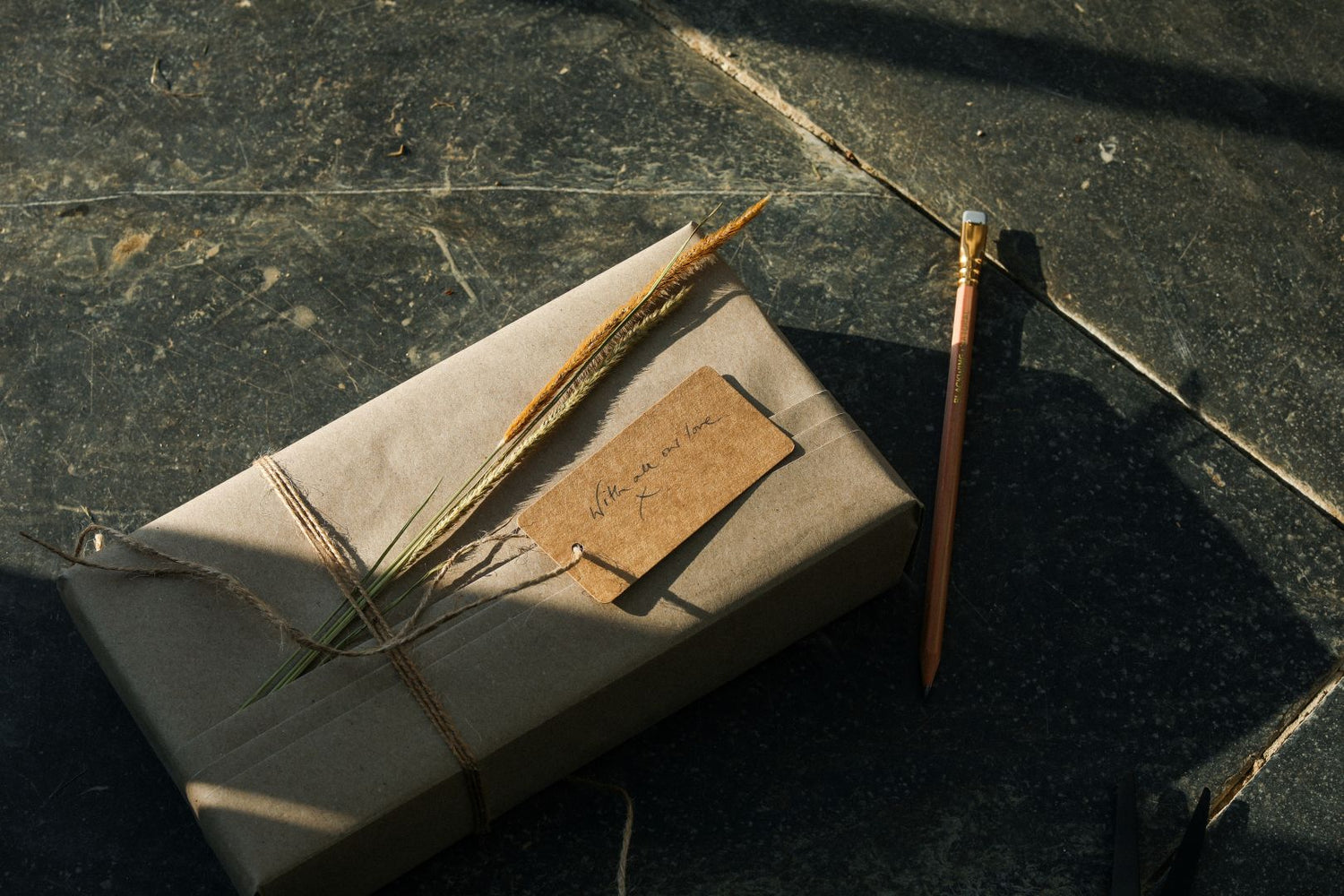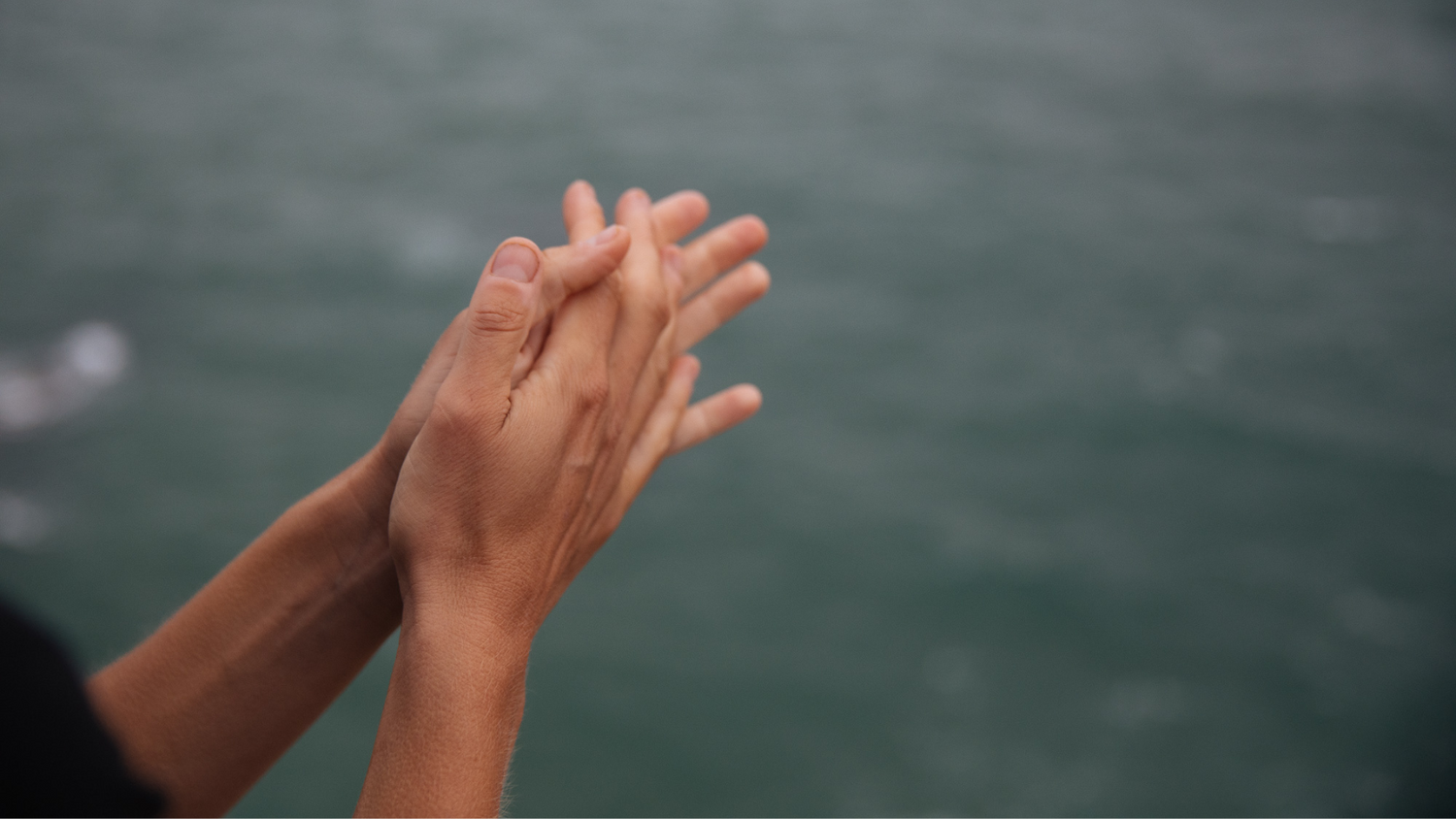The author of I Belong Here (Bloomsbury, spring 2021), the first in a powerful new nature writing trilogy, Anita Sethi explores ideas of loneliness, solitude, companionship, connection and access to nature.
Solitude is something I have thought about more than ever in recent months, like many people, as the Coronavirus pandemic plunged us into various degrees of isolation, self-isolation and quarantine. More than ever have we had to think about the questions – where is the line between loneliness and solitude? And what is the meaning of true companionship?
Loneliness has often washed over me throughout my life, which I have come to understand arises from a sense of not belonging. The loneliness I felt could be overwhelming and engulfing. I’m sure it’s something many of us have felt in recent months. For those who have been self-isolating or living alone, or with those with whom they might have fractious relations, this feeling can be intensified. Loneliness can lead to a sense of disjuncture from the self and world, of dissociation from the body and a heightened sense of stress.

Over the past year I’ve been moving beyond loneliness to a sense of solitude and feeling how nature can bring a great feeling of companionship. I’ve found a paradoxical sense of both companionship and solitude in the wild – variously in small pockets of quiet and vast landscapes – and felt the impact it can have mentally and physically.
How does time alone with the elements make us feel? And how does that shape the time we thereafter spend with other people – be it friends or strangers? It can bring a sense of calm and wellbeing. It can help us to fully inhabit ourselves and ultimately better connect with others.
The summer after I was racially abused I made a journey that followed the course of four rivers that run through the Pennines. Spending more time among the elements, I loved the non-judgemental nature of nature – how I can be free of labels, and the harsh words of others, while alone in the wild. I also came to experience what is known as ‘blue care’; for not only green spaces but also blue spaces – that is being near, gazing out at, water – can have an amazingly invigorating and restorative effect.

Nature in the city
When lockdown hit, though, I ended up quarantined back in my childhood neighbourhood in inner city Manchester. My daily walks attuned my eyes even further to nature in the city. I savoured those short walks and heightening connection with nearby nature, such as flowers growing between the cracks of the pavement, gazing skywards more than usual to look at nests and marvel at the birdsong, walking through the local park.
Yet I pined after water – for there are no lakes or rivers or streams in the particular neighbourhood in which I was quarantined; as far as water goes, there are often puddles galore from the abundant Mancunian rainfall. I felt loneliness creep in again during lockdown, when spending time immersed in vast wildernesses was not as possible. I felt huge inequalities in access to nature, which is why I have set up the I Belong Here foundation.
I learnt to turn my gaze inwards at my memories of nature – I found that those rivers I had walked by flowed within, they had become a part of my inner landscape. Whilst unable to travel anywhere, I treasured memories of walking near water, of the sound of the sea, and the feel of it upon the skin.

One of the most important aspects of our time spent in nature is how it affects our equilibrium, and ways in which we can then draw on our store of memories of nature when we are unable to be in nature itself. Immersing yourself in a hot bath or even having a shower, for example, can be the perfect time to meditate on such watery landscapes and the power of blue care.
The literature and culture of solitude
When thinking about themes of solitude and company for land&water, I delved deeper into the literature of loneliness, and that of solitude. How many writers throughout the ages have found a certain splendour in solitude… They inspire me on.
“There is a pleasure in the pathless woods,
There is a rapture on the lonely shore,
There is society, where none intrudes,
By the deep sea, and music in its roar:
I love not man the less, but Nature more”
― Lord Byron
I would concur with Byron, and also found society in the sound of the sea, the companionship of other creatures not human, in living things in the wild – grass growing, flowers flourishing.

“I love to be alone. I never found the companion that was so companionable as solitude,” sings the line in Walden by Henry David Thoreau, a classic of nature writing. Pushing through loneliness to find a real sense of solitude paradoxically brings companionship. John Milton concurred, writing in the classic Paradise Lost: “Solitude sometimes is best society”.
“I love to be alone. I never found the companion that was so companionable as solitude.” – Henry David Thoreau
Other great writers of solitude include Virginia Woolf: “How much better to sit by myself like the solitary sea-bird that opens its wings on the stake”, wrote Woolf in The Waves, also creating characters such as Orlando who “naturally loved solitary places, vast views, and to feel himself for ever and ever and ever alone”. And of course, reading itself – even about solitude – can bring a sense of great companionship.
“The greatest thing in the world is to know how to belong to oneself,” wrote the philosopher Michel de Montaigne – which brings a better sense of belonging in the universe. One of the greatest gifts that time alone in the wild has brought me is a reinhabiting of the self – and paradoxically thereafter improved interrelations with the world.
+
Please consider donating to the I Belong Here foundation:
https://www.justgiving.com/crowdfunding/theibelonghereproject
Anita Sethi is author of a forthcoming trilogy of nature writing books, beginning with I Belong Here: A Journey Along the Backbone of Britain. Follow her on Twitter @anitasethiand Instagram @anitasethi









